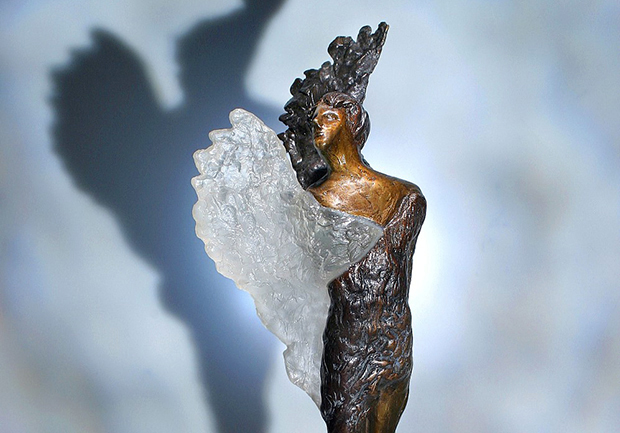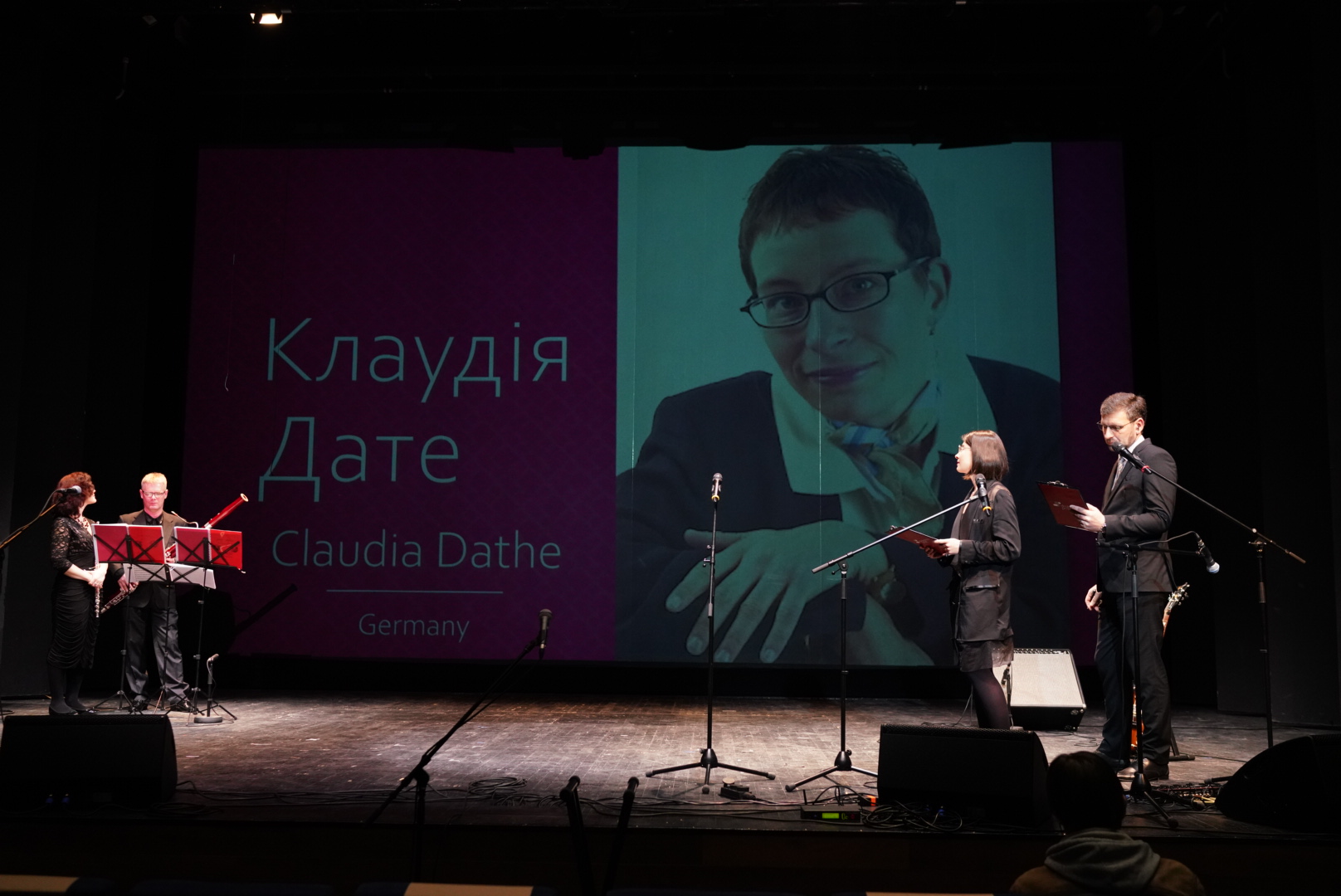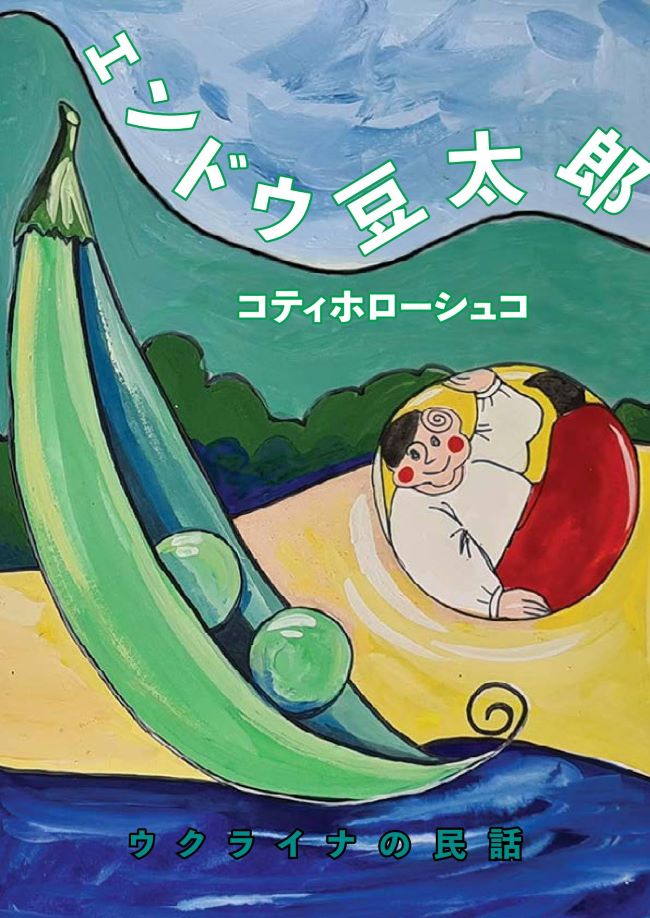Her 2019 book My grandfather danced better than anyone else is a series of 12 short stories that form a single story of five families whose children meet on the first day of school in the first year of Ukraine's independence and remain friends for their whole lives.
“From the 1920s in Kharkiv and the destruction of the Les Kurbas Theater, through the Holodomor, World War II, the 1990s and several waves of emigration to the war in Donbas. This book is primarily about accepting the past. About how events and circumstances affect us regardless we know about them or not. About the longevity and connection of generations, the desire for love and acceptance, loneliness as a consequence or as a cause… But, most importantly, that even a lonely, rejected, broken person can also survive and live, because, in spite of everything, there is always the opportunity to become happy in the end,” one of the leading Ukrainian literary magazines Chytomo describes the book.
The organizer and founder of the award is the city of Wroclaw. This year the prize was awarded on 16 October during the Bruno Schulz Festival, an annual literary Festival dedicated to the renowned Polish writer Bruno Schulz (1892-1942).
Babkina as the winner will receive a statuette by Ewa Rossano and PLN 150
,000 ($38,000). Polish writer and literary critic Bohdan Zadura will receive PLN 20,000 ($5,000) for translating the book from Ukrainian into Polish for Warsztaty Kultury publishing house (Lublin), which published the book last year under Polish title Nikt tak nie tańczył, jak mój dziadek. Overall Babkina is the author of 4 poetry collections, 2 books for children, and 4 novels.

Ukrainian writers were frequent winners of the award. Yuriy Andrukhovych won in 2006 with his novel Twelve Circles
, Oksana Zabuzhko in 2013 with her Museum of Abandoned secrets while Serhiy Zhadan in 2015 with stories collection Mesopotamia. This year also 3 out of 7 shortlisted candidates, were Ukrainian with Babkina becoming the winner.

Additionally, the special Audience Choice Award was established in 2014. The winner is chosen accordingly to popular voting. Interestingly, this year Babkina won both the main award and the Audience Choice.
The jury choosing the main winner included Polish philologist, literary critic, professor of Wroclaw Univeristy Marcin Cieński, Polish critic and professor of Wroclaw University Urszula Glensk, Polish poet, translator and publisher Ryszard Krynicki, Polish writer, literary writer and researcher at the Polish Institute of Literary Research Anna Nasiłowska, Polish critic and researcher of literature, Professor of the Warsaw University Małgorzata Szpakowska, Polish critic and literary critic, Professor of the Adam Mickiewicz University in Poznan Piotr Śliwiński, and the chairman of the Jury, Honorary president of Ukrainian PEN, literary critic and essayist who dedicated part of his essays and research to Ukrainian-Polish cultural ties Mykola Riabchuk.
“Sometimes the opinion of experts accords with the opinion of readers. Subsequently, two awards for Kateryna Babkina,” Riabchuk wrote about rare peculiarity of this year awarding.
The Angelus awarding ceremony was broadcasted online and happened together with the awarding of the Silesius Poetry Award.
Read also:
- The rebirth of Ukrainian literature and publishing: famous contemporary authors and new policy for their support
- Translate Ukraine: new grant programs open Ukrainian literature to the world
- For the first time, Ukraine will sponsor translations of Ukrainian literature to foreign languages
- “Rebellious pagan” Ukrainian poet Antonych receives English translation
- Ukraine adopts law expanding scope of Ukrainian language
- Liberal nationalism is the cure Ukraine needs to treat its post-colonial scars – Mykola Riabchuk
- Oksana Zabuzhko: Ukraine is at the forefront of a huge world battle that will transform humanity
- Serhiy Zhadan on the war with Russia & Zelenskyy’s promises
- Serhiy Zhadan: No one can protect his country by accepting conditions dictated by the invader
- Ukraine’s 30: prominent Ukrainians who changed the country and the world. Part 3: Literature





